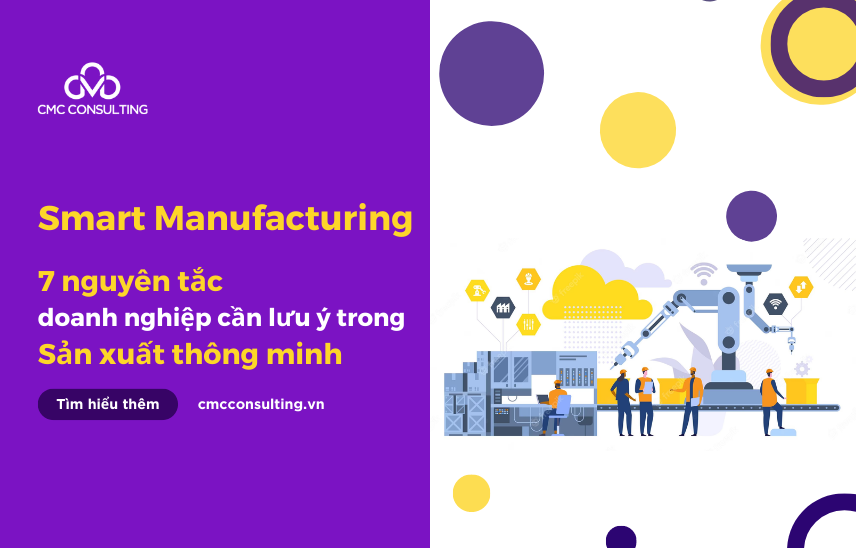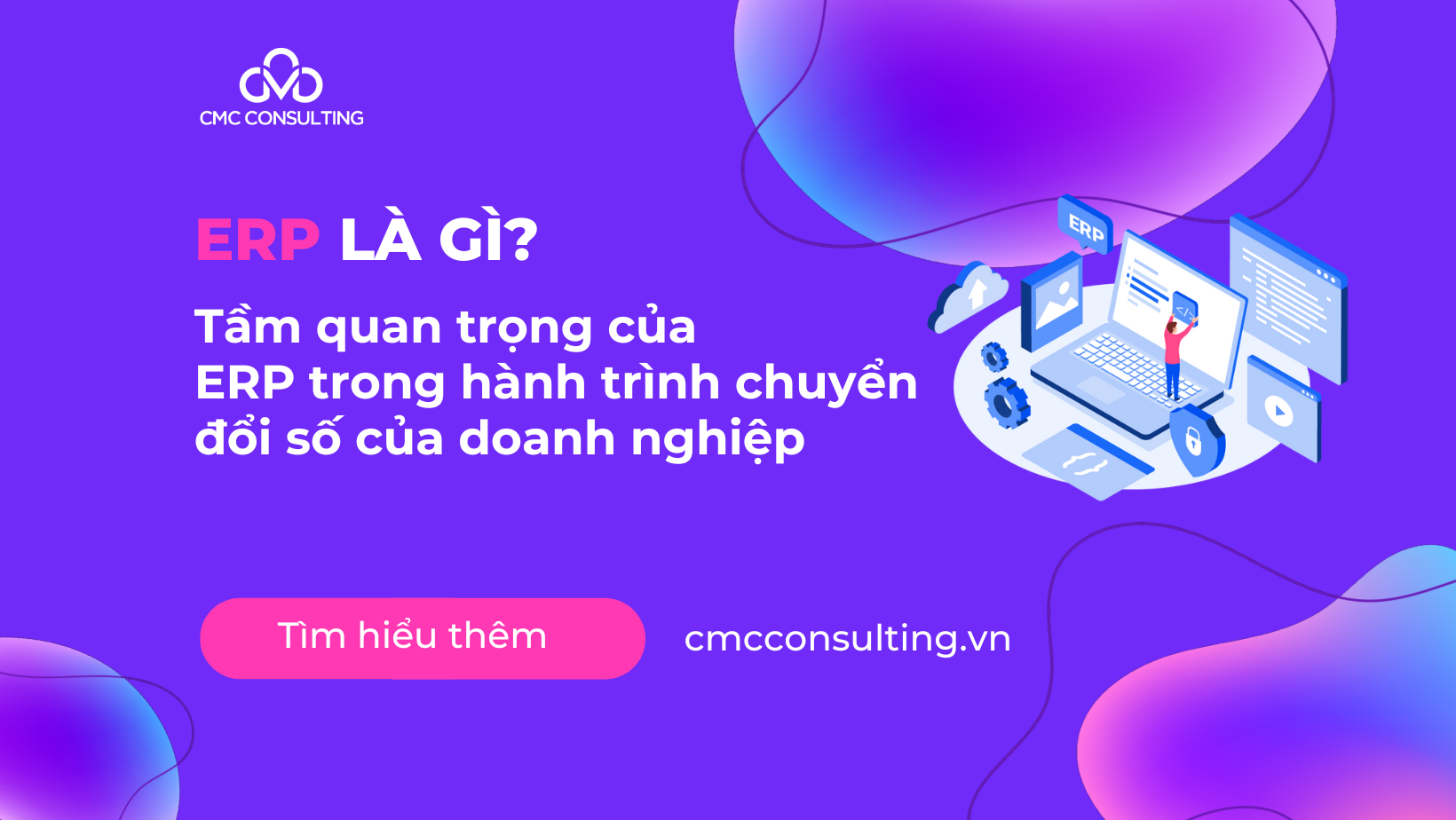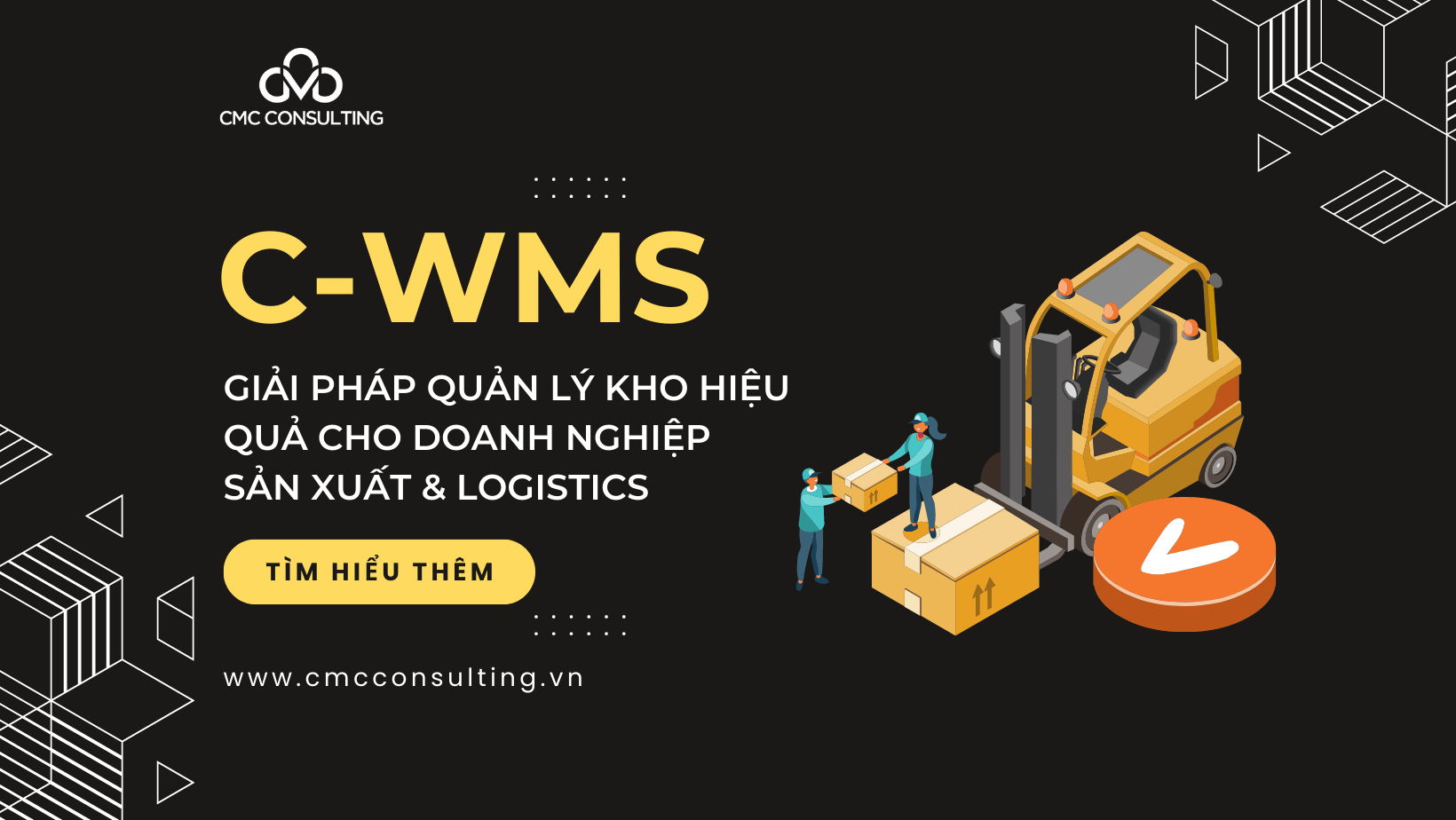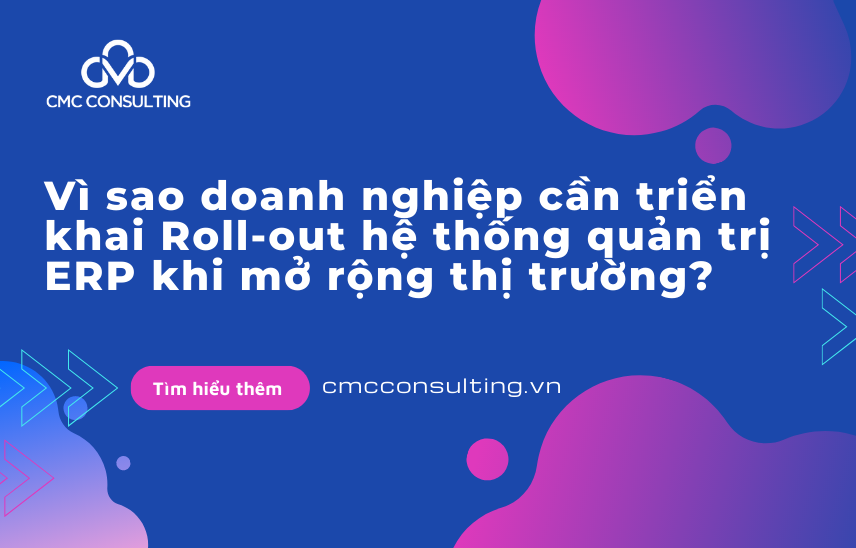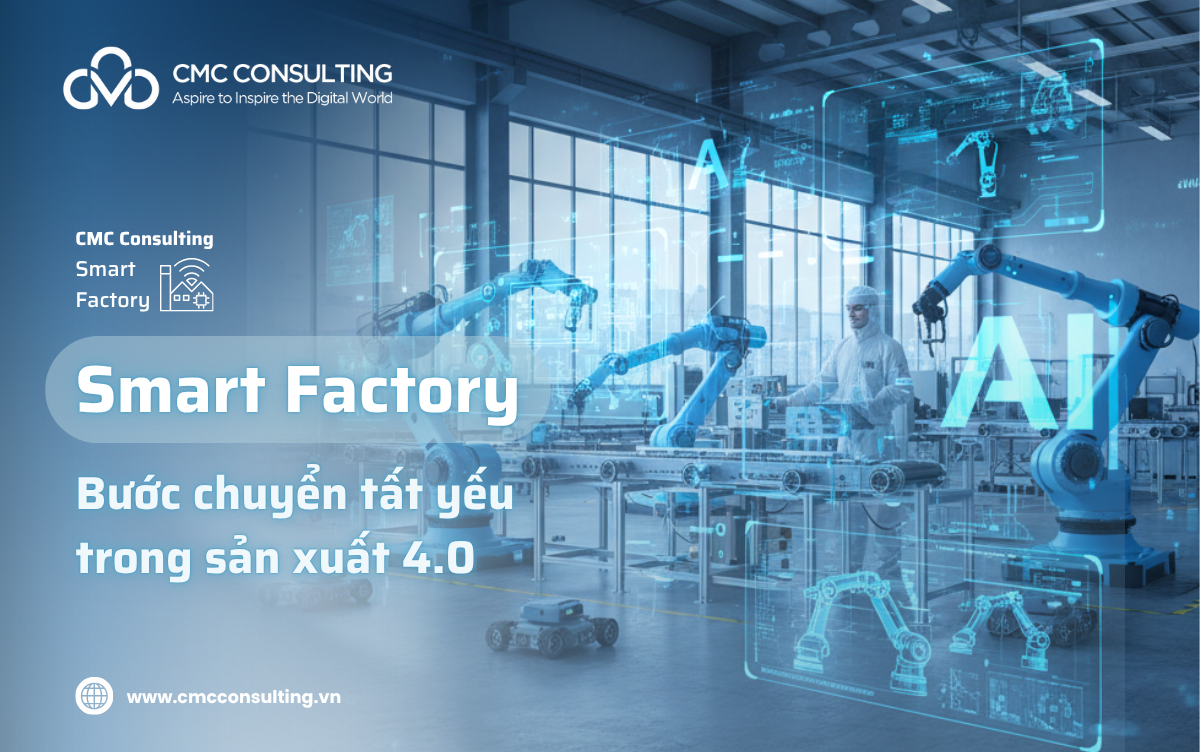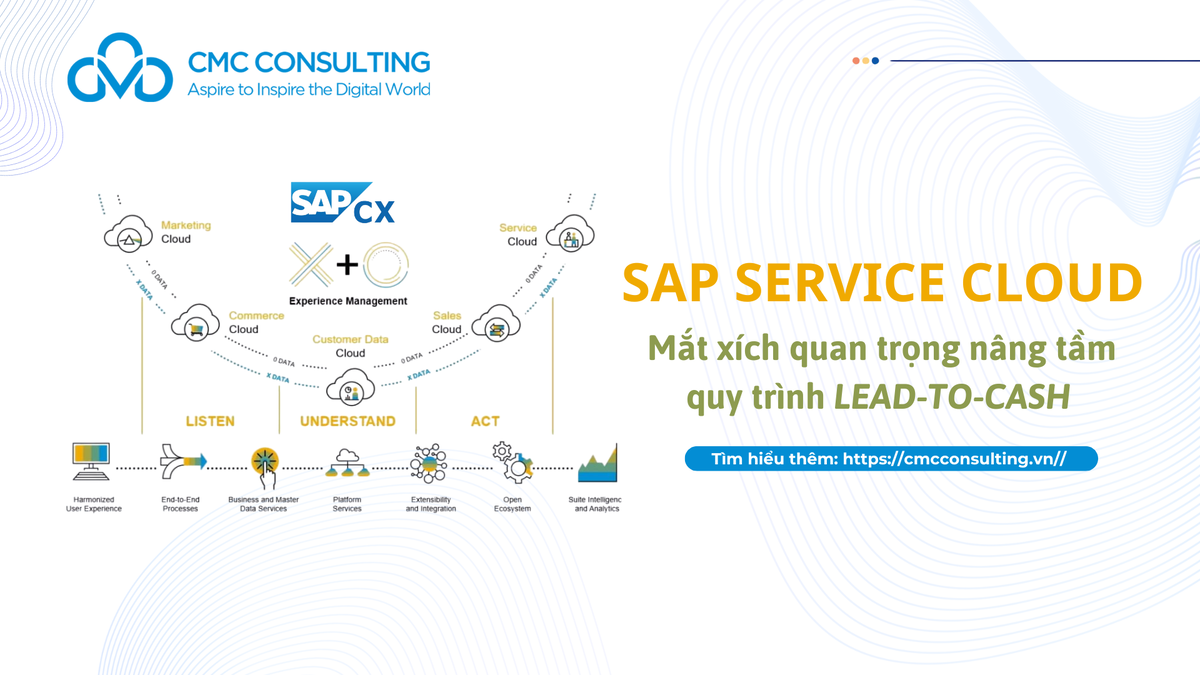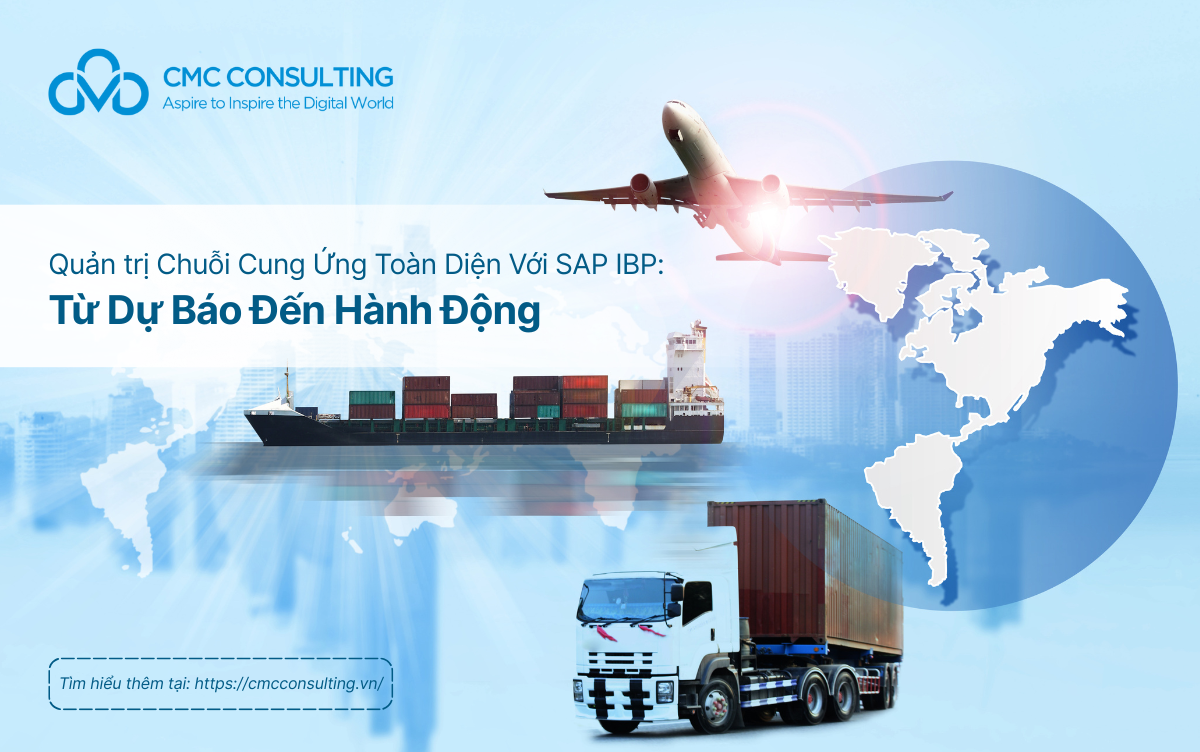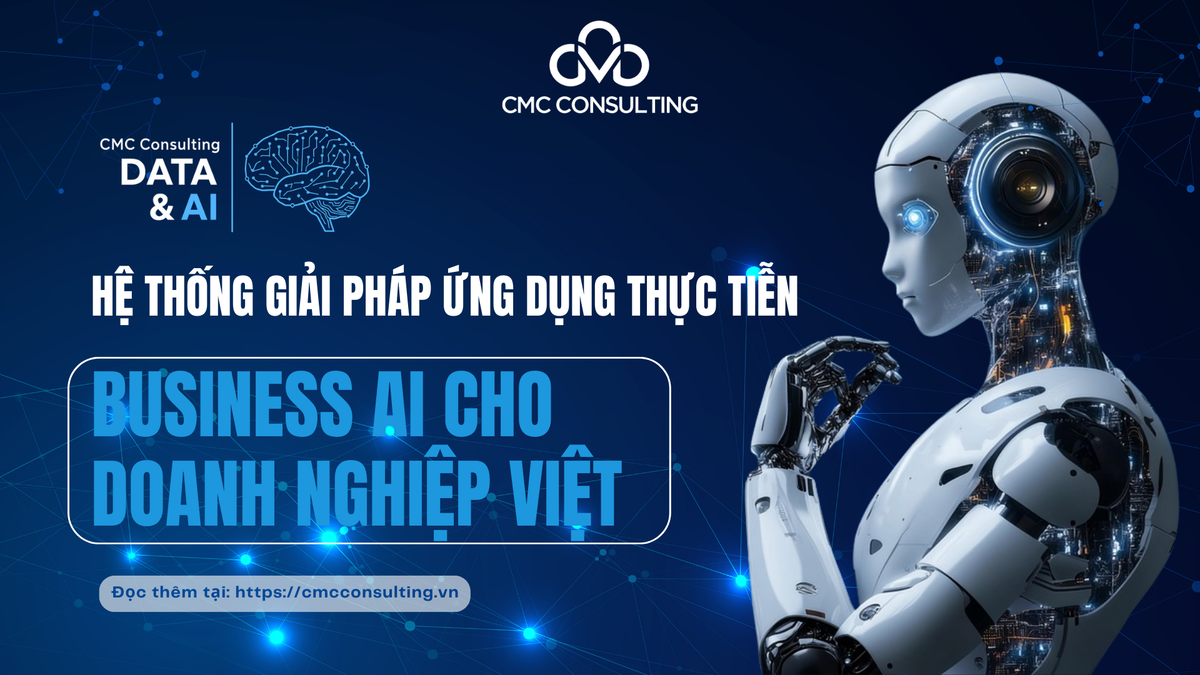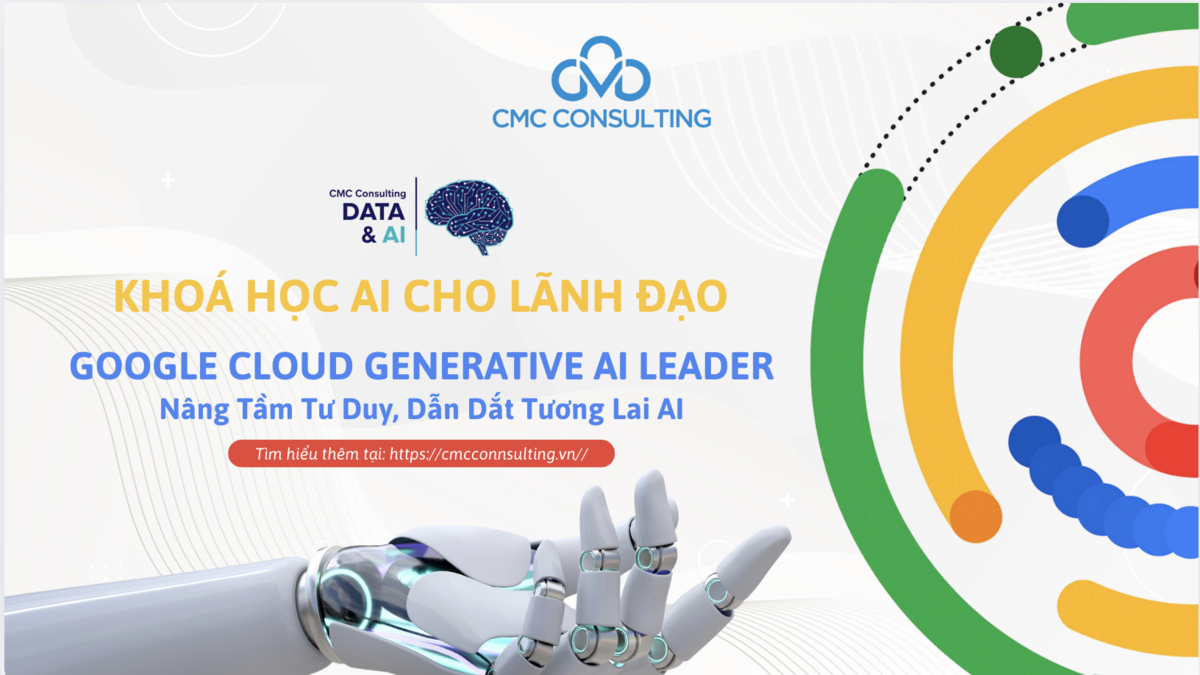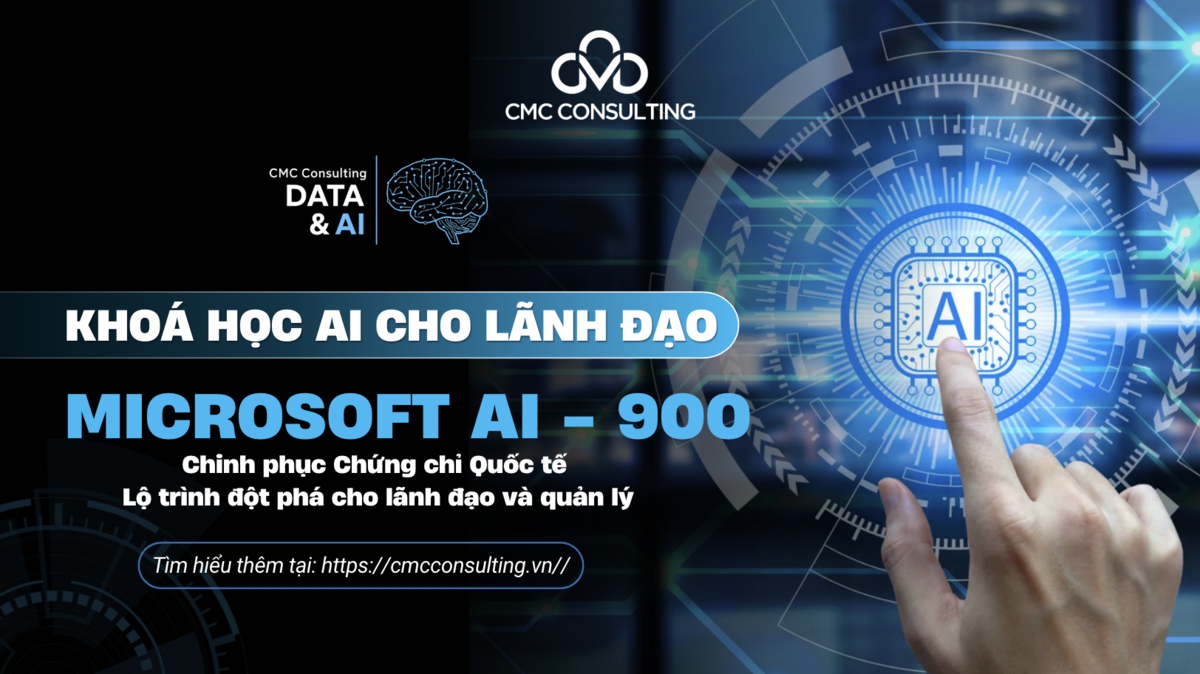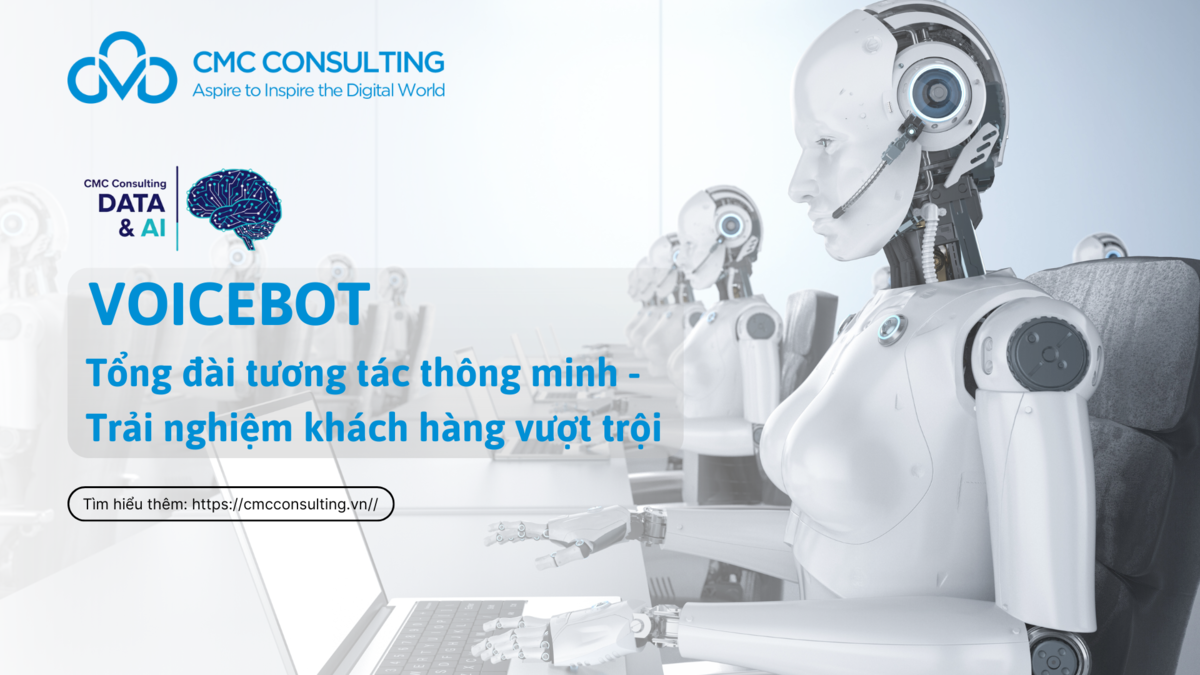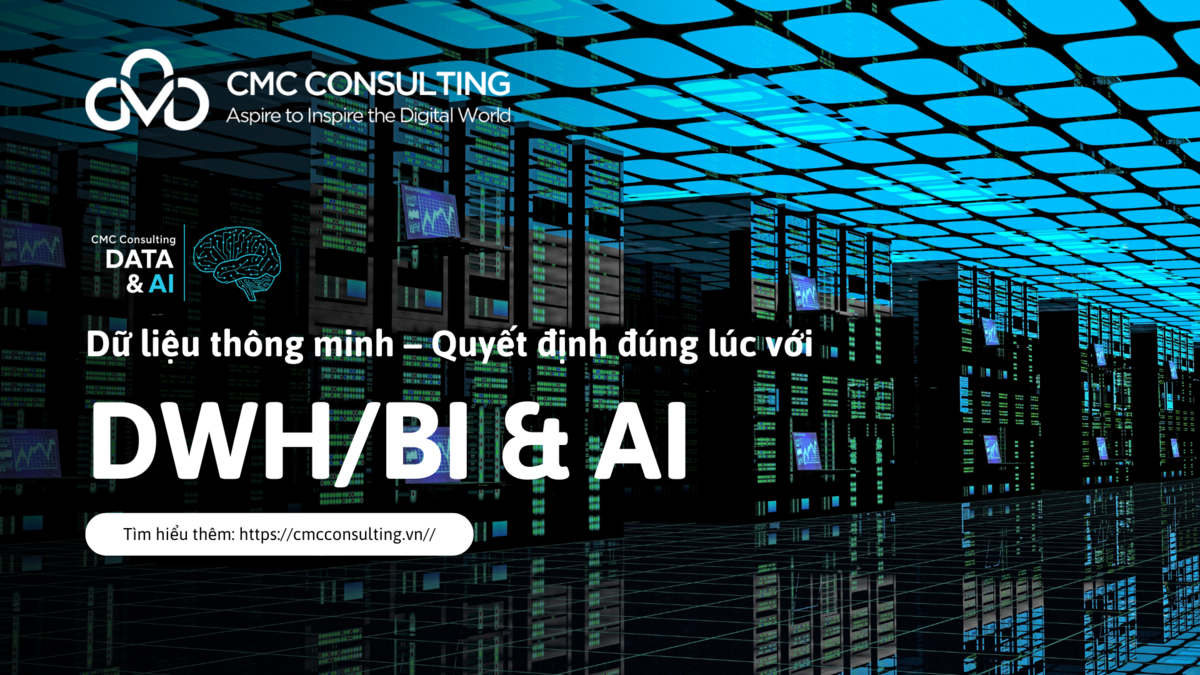In the booming digital age marked by breakthroughs in artificial intelligence, businesses face greater challenges than ever before. A disconnected IT landscape makes achieving system-wide visibility and integration efficiency increasingly difficult. Meanwhile, the growing complexity of data management demands new generations of software systems that can endure continuous changes while simultaneously creating new opportunities.
To address these challenges, in February 2025, SAP launched the new Business Suite. This latest initiative from SAP aims to combine enterprise applications, real-time data, and AI-driven decision-making into a unified, connected, and intelligent business platform, helping organizations scale and make more accurate decisions.
Overview of SAP Business Suite

SAP Business Suite is a comprehensive, integrated modular solution that connects and optimizes every function within enterprises. Unlike its ECC-era predecessor, this version of SAP Business Suite is cloud-native from the outset, integrating SAP Cloud ERP, SAP Business Data Cloud (BDC), and SAP Business AI — all powered by SAP Business Technology Platform (BTP) — to create a continuous value cycle that drives holistic and sustainable enterprise transformation.
SAP Business Suite is not a replacement but an extension of S/4HANA Cloud. Enterprise customers currently migrating from ECC to RISE with SAP do not need to start over. Instead, Business Suite adds new capabilities that help organizations eliminate data silos, connect with third-party data sources, and use AI to automate decisions across departments.
Core Components of SAP Business Suite
SAP Business Suite revolves around three main components: AI, data, and applications.

- SAP Business Data Cloud
As markets become increasingly complex, information has become a crucial metric for decision-making. However, valuable insights are often lost when critical data gets trapped behind departmental silos. SAP Business Data Cloud removes these barriers by consolidating and harmonizing all data across both SAP and non-SAP systems. This enables data integration and creates a structured information landscape with real-time updates across SAP Business Suite.
The creation of Business Data Cloud also involves deeper collaboration with third-party data platforms, most notably Databricks. This integration allows businesses to combine SAP transactional data with large-scale data reports to gain a 360-degree view of operations. Furthermore, companies can access data stored on non-SAP sources without needing to duplicate or transfer the data, enabling them to better predict market shifts and seize new opportunities.
- The Power of AI
AI is deeply embedded into Business Suite through SAP Business AI, a portfolio of domain-specific AI capabilities and automation tools. AI functionality is mainly supported by Joule — SAP's digital assistant — capable of handling cross-functional automation tasks. Joule offers pre-built AI agents to automate repetitive business processes.
Additionally, SAP Knowledge Graph helps discover data patterns, enhancing the relevance and accuracy of AI-generated content. Users can further fine-tune and deploy their own AI tools via SAP AI Core. SAP is also collaborating with a robust ecosystem of leading AI innovators, including Amazon Web Services, Google Cloud, Meta, Microsoft, Mistral AI, and NVIDIA, to develop new AI use cases and deliver more practical solutions for businesses.

- Practical Business Applications
SAP’s connected solution suite streamlines operations and information flow across SAP Business Suite, offering a complete set of modules covering every aspect of business management, including supply chain, finance, procurement, human resources, IT, and customer experience management (CRM).
SAP BTP facilitates rapid application integration and extension by combining low-code tools, automation, integration, data analytics, and AI into a centralized platform. This empowers development teams to quickly create tailored solutions, transforming ideas into working applications faster. Meanwhile, SAP's business applications continue to interconnect core business operations, enabling SAP Business Suite to deliver deeper personalization, automated customization, and targeted analytics based on user needs.
Applying SAP Business Suite to Enterprise Strategy
The new SAP Business Suite marks a significant advancement in SAP’s vision of a fully integrated ERP, data, and AI platform on the cloud. For businesses migrating to S/4HANA, Business Suite represents the next stage of their transformation journey. After moving to S/4HANA Cloud, enterprises can leverage built-in analytics, AI-driven automation, and cross-application workflows within the Business Suite to extract additional value from their systems.
Next, companies should identify which Joule AI agents can automate repetitive business tasks and reduce manual workloads, as well as how automation and process integration can eliminate inefficiencies in their core operations.
As SAP Business Suite 2025 sets a new standard for modern ERP systems — seamlessly connecting data, AI, and applications within a unified platform — transformation is no longer optional; it becomes essential for businesses to maintain their competitive edge. However, the deployment roadmap is not always straightforward, especially for organizations still operating on-premise systems or lacking a clear digital strategy.

With over 15 years as a SAP Gold Partner in Vietnam, CMC Consulting is confident in our experience and capabilities to provide tailored transformation solutions for every industry and operational reality. We are committed to partnering with our clients on their journey toward modernizing management systems, unlocking data potential, and confidently stepping into the AI era.
Contact for more information!
Sources:
https://www.sap.com/products/business-suite/what-is-sap-business-suite
https://www.linkedin.com/pulse/understanding-sap-business-suite-ignitesap




 CMC Consulting
CMC Consulting 05/05/2025
05/05/2025





